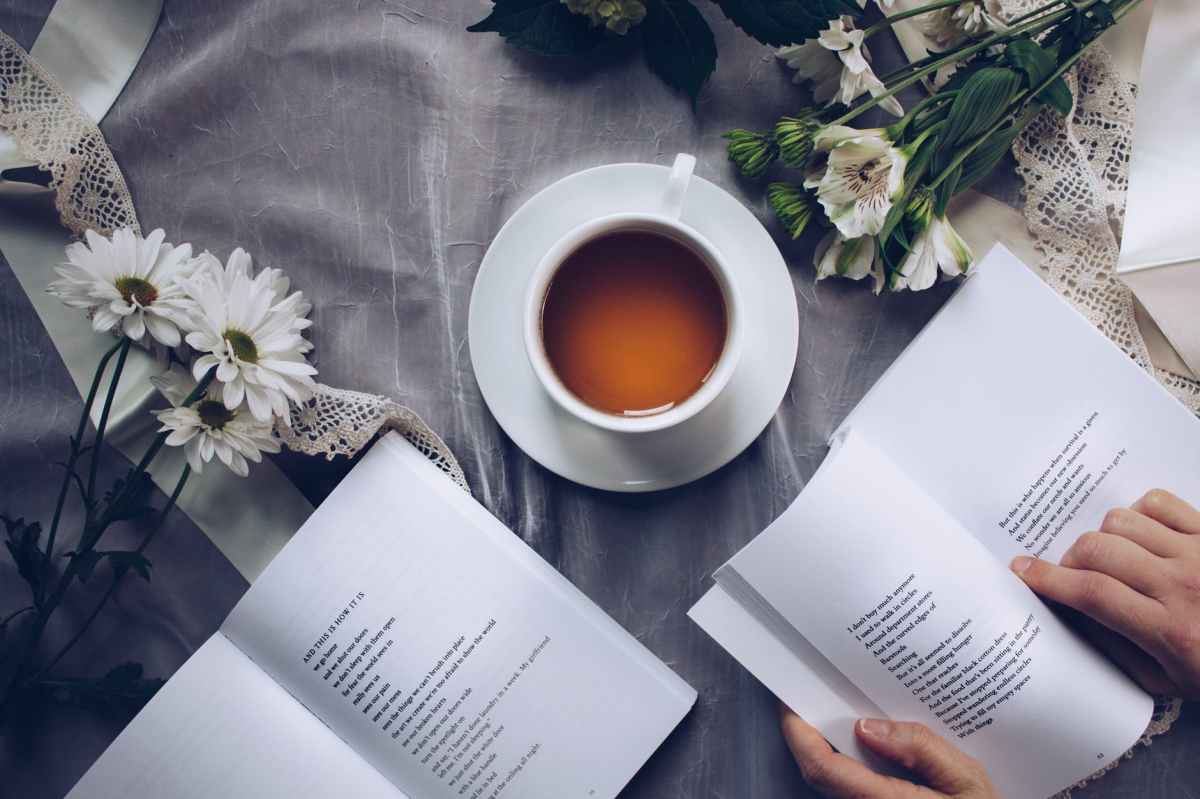Mental health awareness week represents different things to different people. Just as people vary, so does mental well-being. Mental ill health has featured in my experience from time to time throughout my adult life. Sometimes extreme, the distress has led to more than one hospitalisation, the last being in 2017.
While completely life-changing, this last experience now seems like a long way in the past. I’ve reframed my outlook so much since then, particularly through my love of creative writing. As an avid writer beforehand, I was left unable to compose sentences following the episode. This was shocking and I remember slowly, painstakingly writing a long list of words to formulate a ‘poem’ of sorts once I was out of hospital. This first attempt at composition was challenging and the intense effort it took was saddening. Afterall, a few years earlier I’d completed a PhD and now I could barely type a sentence.
But I persisted. I started writing lists and short poems in a notebook, partly to remind myself of things as my memory was sketchy, and partly to express myself. Looking back, it seems like the same process as learning how to walk again when both your legs have been broken. It took effort and determination, and gradual baby steps forward. I kept going with the notebook and before long I was writing a poem a day, filling page after page. I also started writing a novel. After a couple of months, I was able to complete one A4 page a day typed, single-spaced. Though it will remain unpublished, the manuscript contains 54,000 words which I see as an accomplishment.
Creative writing was my mental rehab. As my ability to write came back, so did my ability to think and live a full life. I, of course, undertook a plan of care (psychotherapy and medication) and that has been vital. But putting pen to paper was absolutely key to the recovery of my mental health following a severe breakdown. Four years on, I’m proud to say that I’ve published a book of my own poetry, Outside In (Wordville Press, 2021). Other than the usual ups and downs that come to us all from time to time, my mental health is solid these days. I have the written word to thank.
















